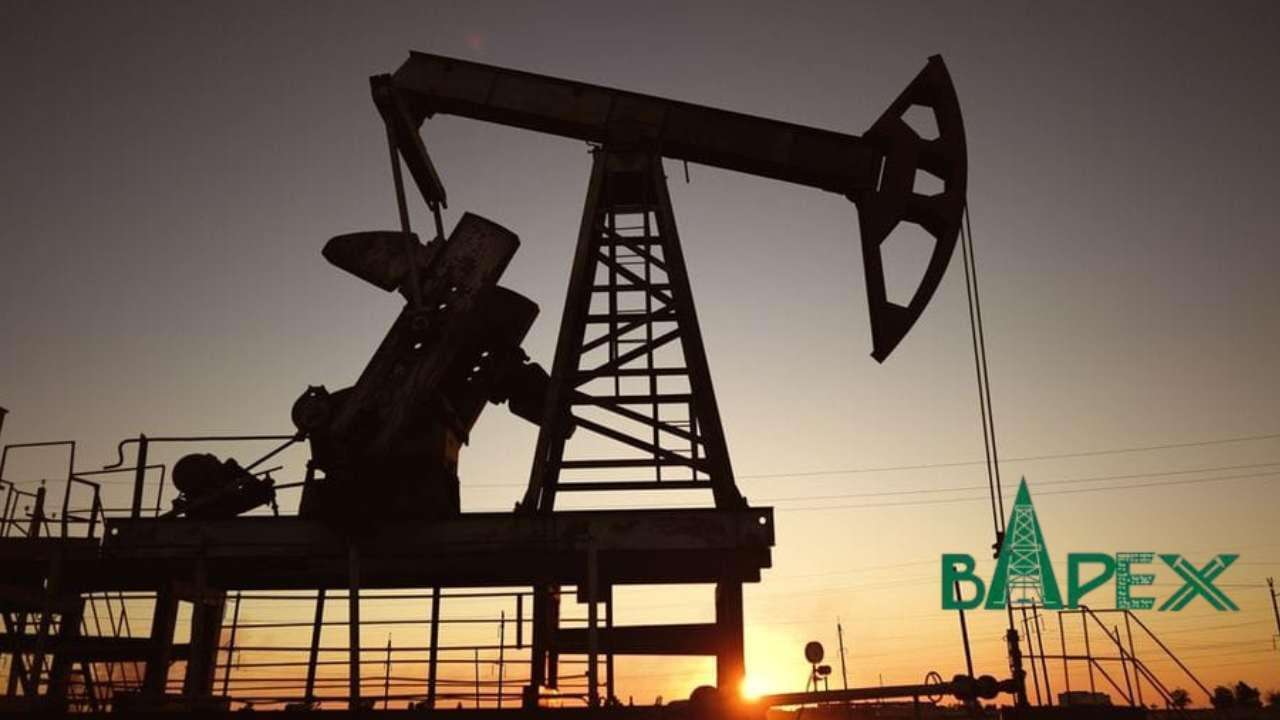Bangladesh's state-owned oil and gas exploration company, Bapex, faces a significant financial loss after a Singapore International Arbitration Centre (SIAC) tribunal ordered it to pay approximately US$42 million to an Azerbaijani joint venture, Socar AQS LLC. The ruling stems from a dispute over a terminated gas drilling contract and is raising serious concerns about the financial management of state-owned entities.
The dispute originated from a 2017 contract under which Bapex hired Socar AQS to drill three onshore gas wells for a total cost of around US33 million. The project encountered issues after the first well, Semutang South-1 in Khagrachhari, was drilled and found to be dry. Socar AQS was paid US11.8 million for this work.
According to Bapex Managing Director Md Fazlul Haque, the situation escalated when Socar AQS terminated the contract in 2019, citing delayed payments. The company then filed a lawsuit with the SIAC in 2020, seeking around US73 million in compensation. The tribunal, in its "partial final verdict," upheld some of Socar's claims while dismissing others, resulting in the US42 million payout order.
This is the first time in Bangladesh's history that a state entity has lost an international legal dispute of this nature to a foreign oil company. The verdict has sparked criticism from energy experts who point to poor contract terms and a lack of proper legal scrutiny within Bapex. Critics also note that Socar, despite terminating the contract, left without completing its full scope of work.
The financial ramifications of this ruling are substantial. The US42 million, and a potential additional US3.16 million in arbitration costs, represents a significant drain on government funds. This loss of public money highlights potential mismanagement and could further strain Bangladesh's economy, which has recently faced financial vulnerabilities and required support from international lenders like the IMF. This case, along with past legal disputes such as the Niko case, reinforces a pattern of significant financial exposure for the country in international contracts.
Bapex officials have stated their intention to appeal the decision. However, the verdict serves as a stark warning about the risks of poorly-managed international contracts and the critical need for a more robust and legally sound approach to state-run projects. The substantial financial setback comes at a time when Bapex is actively engaged in new exploration projects, including a deal to drill high-pressure, high-temperature gas wells in partnership with a Chinese firm, and as other foreign companies like Chevron express interest in areas Bapex has earmarked for its own development.







.svg)

